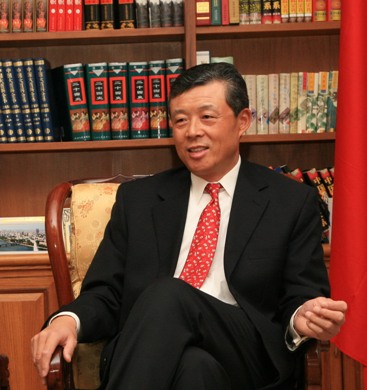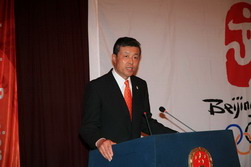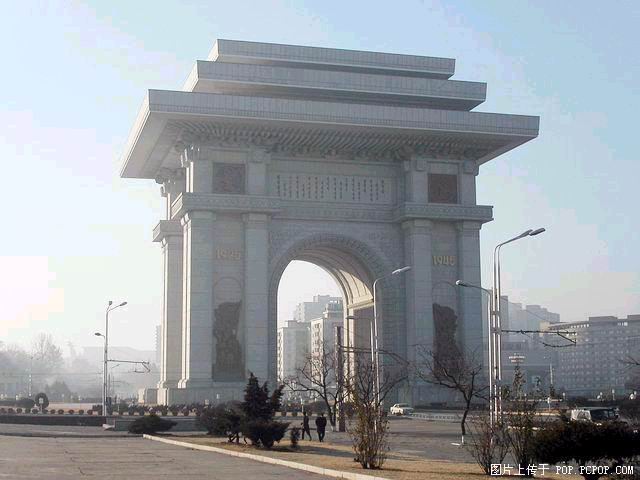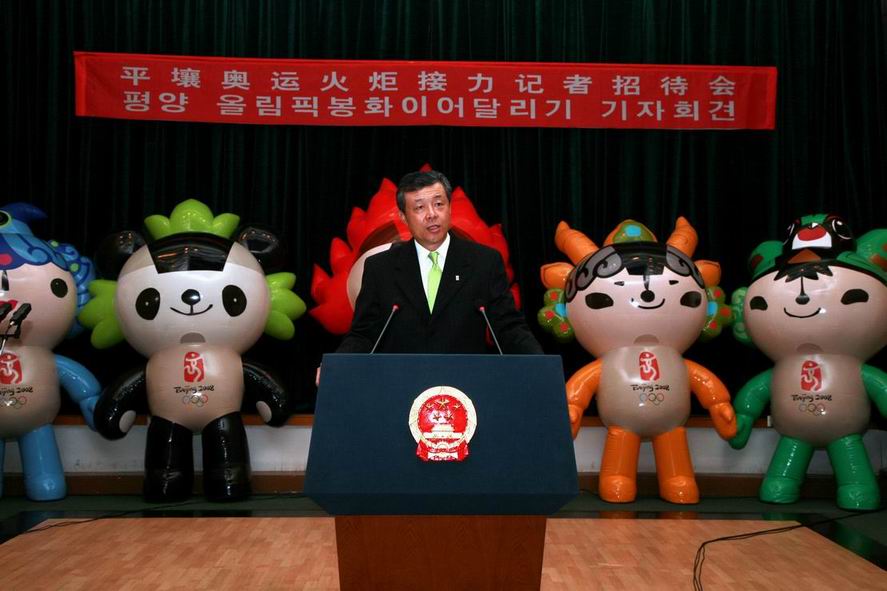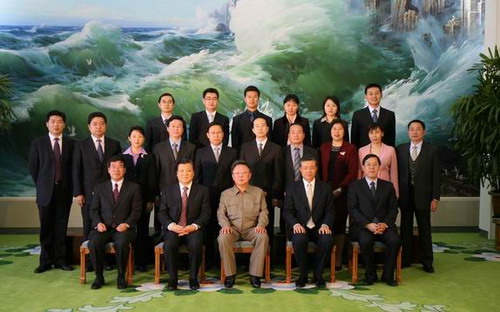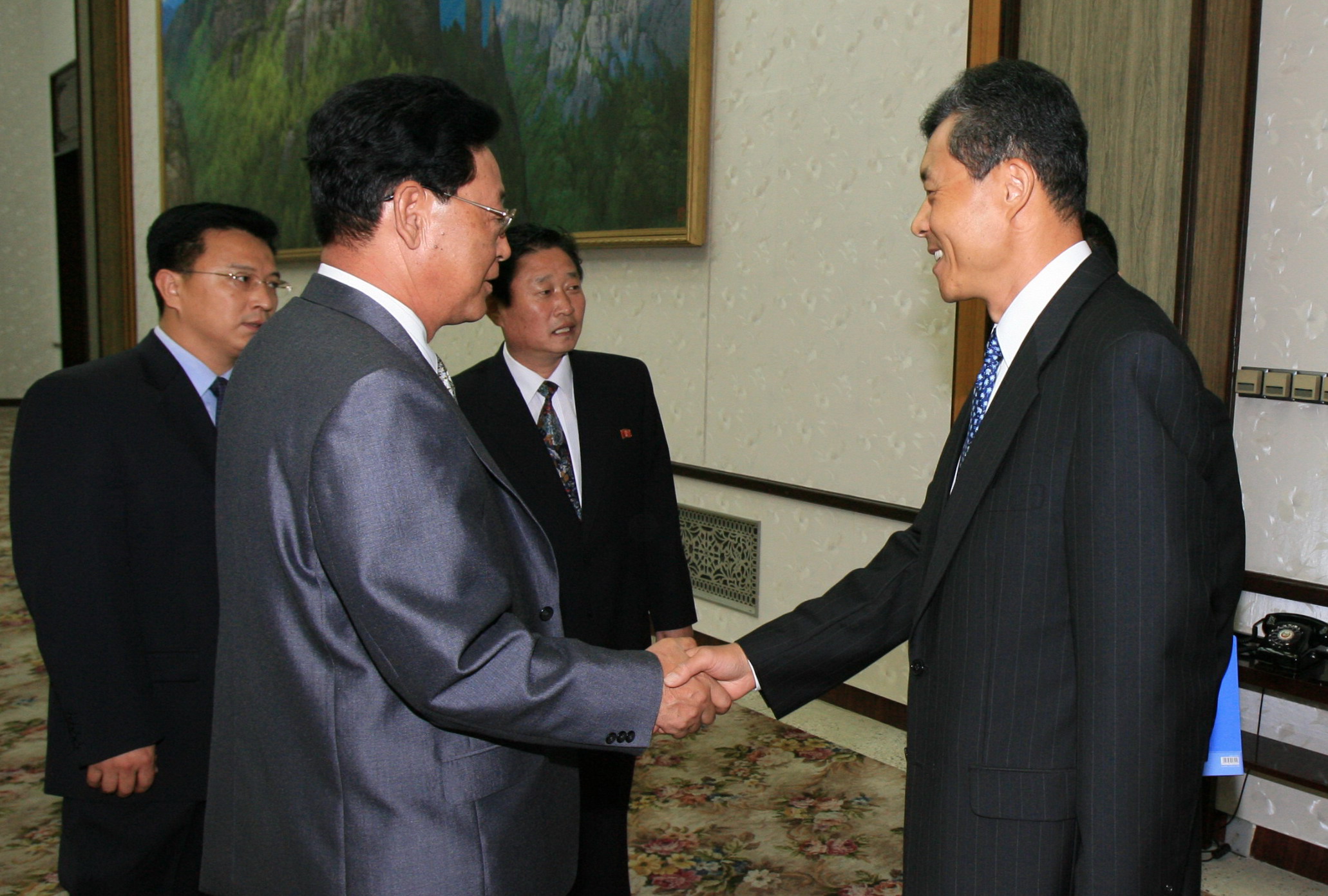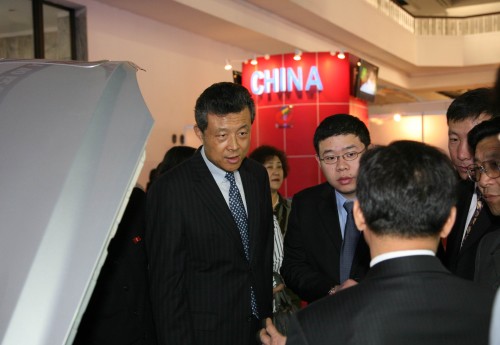The Security Council has just adopted resolution 1874 on the DPRK nuclear test.
On May 25, 2009, the DPRK conducted another nuclear test in disregard of the common objection of the international community. The Chinese foreign ministry issued a statement to express its firm opposition. We strongly urged the DPRK to honor its commitment to denuclearization, stop relevant moves that may further worsen the situation and return to the Six-Party Talks.
China is always committed to safeguarding the international nuclear non-proliferation regime, promoting denuclearization of the Korean Peninsula, and maintaining peace and stability on the Peninsula and in Northeast Asia. By conducting another nuclear test, the DPRK violated the relevant resolutions of the Security Council, impaired the effectiveness of the international nuclear non-proliferation regime, and affected regional peace and stability. We support an appropriate and balanced reaction from the Security Council to the DPRK nuclear test. The measures included in the just adopted resolution are taken in accordance with Article 41 of Chapter VII of the UN Charter. The resolution not only demonstrates the firm opposition of the international community to the DPRK nuclear test, but also sends a positive signal to the DPRK. It shows the stance and determination of the Security Council to resolve the DPRK nuclear issue peacefully through dialogue and negotiations. In this context, the Chinese delegation voted in favor of the resolution.
(Photo Courtesy: Shen Hong/Xinhua)
It needs to be stressed that the sovereignty, territorial integrity and legitimate security concerns and development interests of the DPRK should be respected. After its return to the Treaty on the Non-Proliferation of Nuclear Weapons (NPT), the DPRK will enjoy the right to the peaceful uses of nuclear energy as a state party. The action of the Security Council should not adversely impact the livelihood and development of the DPRK, or the humanitarian assistance to the country. As indicated by the relevant paragraph of the resolution, if the DPRK complies with relevant provisions of the resolution, the Security Council will review the appropriateness of suspending or lifting its measures against the country.
I would like to emphasize that the issue of cargo inspection is complicated and sensitive. Countries need to act prudently in strict accordance with domestic and international laws, and under the precondition of reasonable grounds and sufficient evidence. All parties should refrain from any words or deeds that may exacerbate the conflict. Under no circumstances should there be use or threat of force.
The Chinese government has all along stood for peaceful settlement of the nuclear issue on the Korean Peninsula through political and diplomatic means. China has made tremendous efforts in this regard. We initiated the Six-party Talks and pushed for the six parties to issue a joint statement in September 2005. Thanks to the concerted efforts of all parties, the Six-party Talks made some initial progress. At present, despite the negative development of the second DPRK nuclear test, we are still of the view that the Security Council action is not all about sanctions, and that political and diplomatic means is the only way to resolve the relevant issues and bring about denuclearization on the Korean Peninsula, and safeguard peace and stability in Northeast Asia.
Under the current circumstances, parties concerned should keep calm and restraint, and refrain from actions that may aggravate the situation. This serves the common interests of all parties. China will continue to act in a responsible and constructive manner to strengthen contact with parties concerned, address the issue appropriately, work for early resumption of the Six-party Talks, and play an active part in achieving denuclearization of the Korean Peninsula and maintaining peace and stability on the Peninsula and in Northeast Asia.
Thank you, Mr. President.
